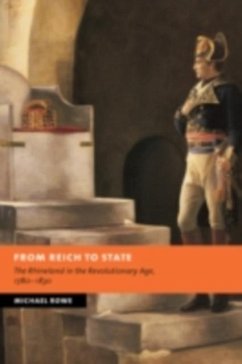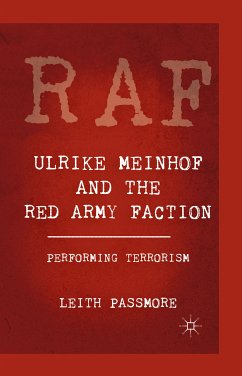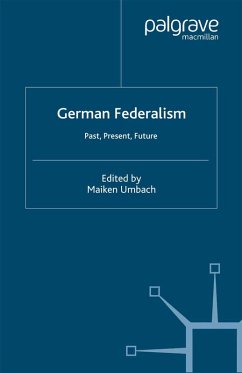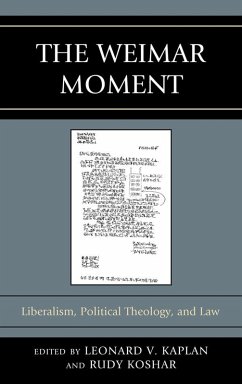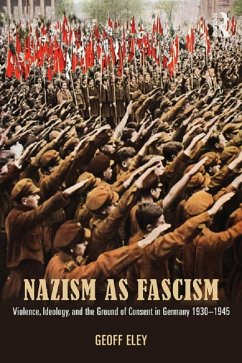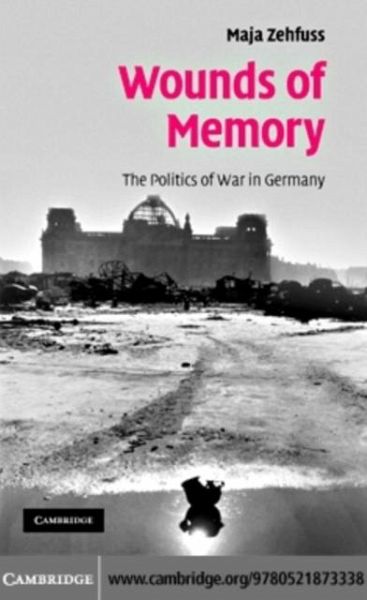
Wounds of Memory (eBook, PDF)
The Politics of War in Germany
Versandkostenfrei!
Sofort per Download lieferbar
32,95 €
inkl. MwSt.
Weitere Ausgaben:

PAYBACK Punkte
16 °P sammeln!
German memories of the Second World War are controversial, and they are used to justify different positions on the use of military force. In this book, Maja Zehfuss studies the articulation of memories in novels in order to discuss and challenge arguments deployed in political and public debate. She explores memories that have generated considerable controversy, such as the flight and expulsion of Germans from the East, the bombing of German cities and the 'liberation' of Germany in 1945. She shows how memory retrospectively produces a past while claiming merely to invoke it, drawing attention...
German memories of the Second World War are controversial, and they are used to justify different positions on the use of military force. In this book, Maja Zehfuss studies the articulation of memories in novels in order to discuss and challenge arguments deployed in political and public debate. She explores memories that have generated considerable controversy, such as the flight and expulsion of Germans from the East, the bombing of German cities and the 'liberation' of Germany in 1945. She shows how memory retrospectively produces a past while claiming merely to invoke it, drawing attention to the complexities and contradictions within how truth, ethics, emotion, subjectivity and time are conceptualised. Zehfuss argues that the tensions and uncertainties revealed raise political questions that must be confronted, beyond the safety net of knowledge. This is a compelling book which pursues an original approach in exploring the politics of invocations of memory.
Dieser Download kann aus rechtlichen Gründen nur mit Rechnungsadresse in A, B, BG, CY, CZ, D, DK, EW, E, FIN, F, GR, HR, H, IRL, I, LT, L, LR, M, NL, PL, P, R, S, SLO, SK ausgeliefert werden.




